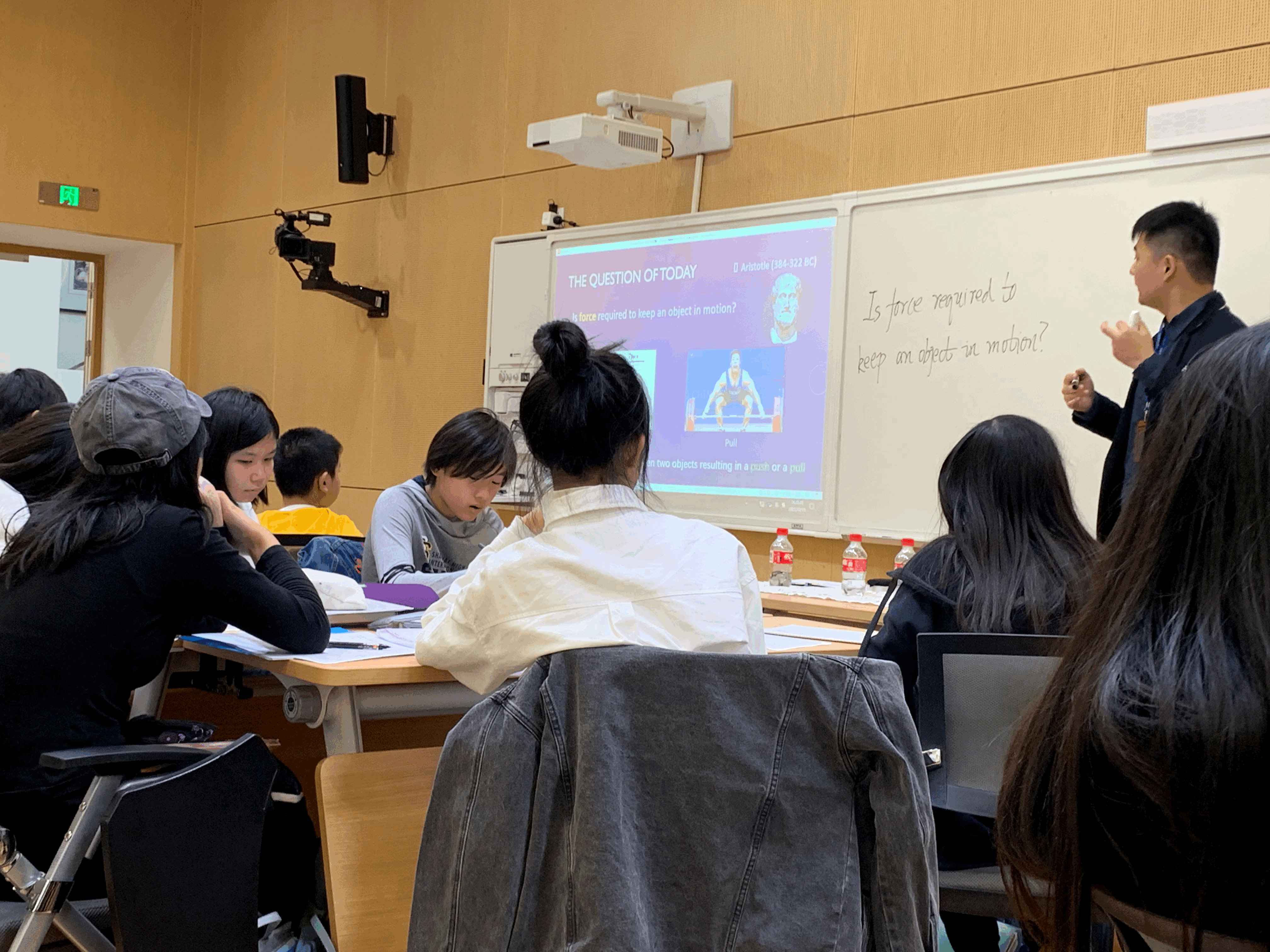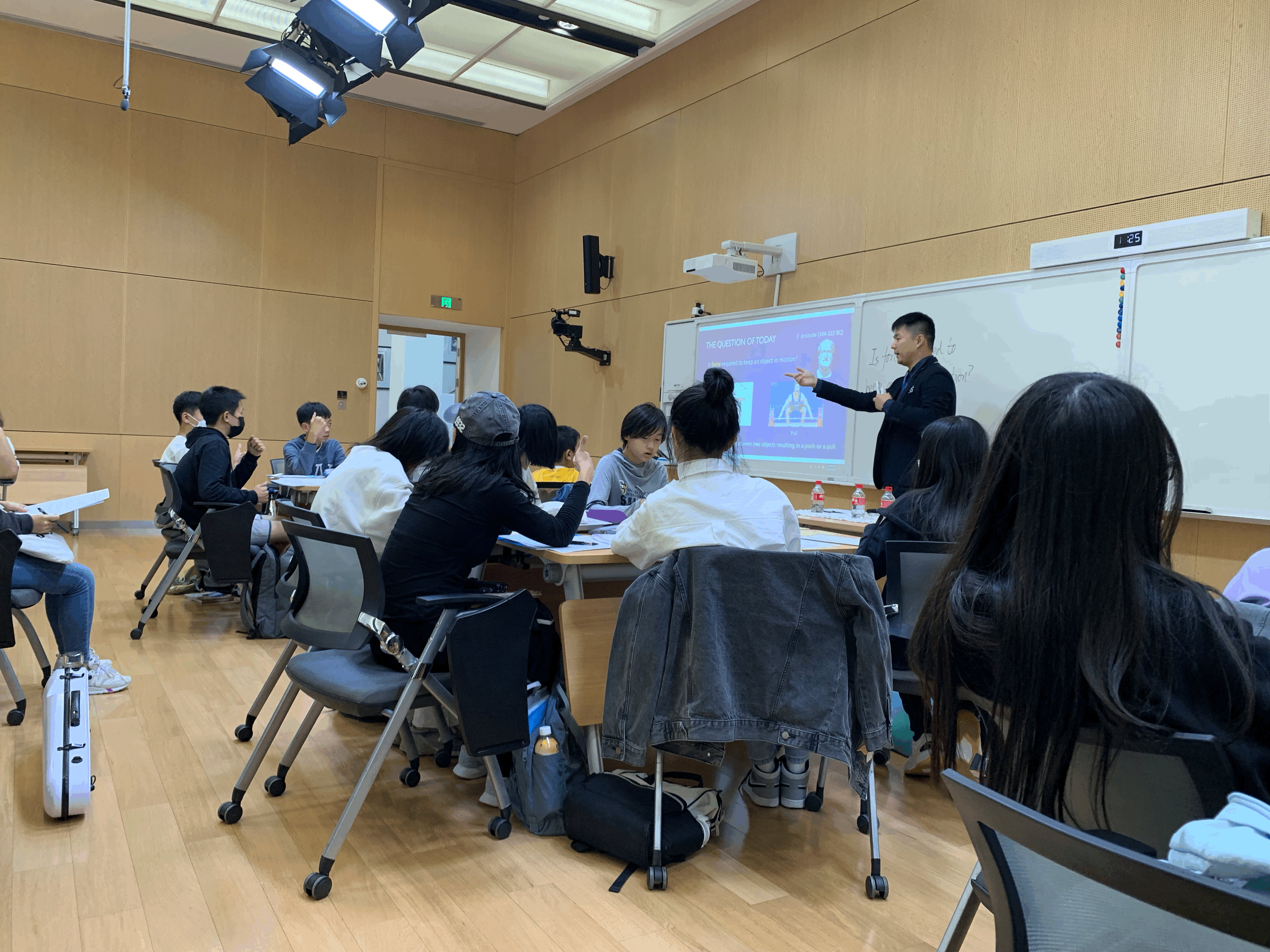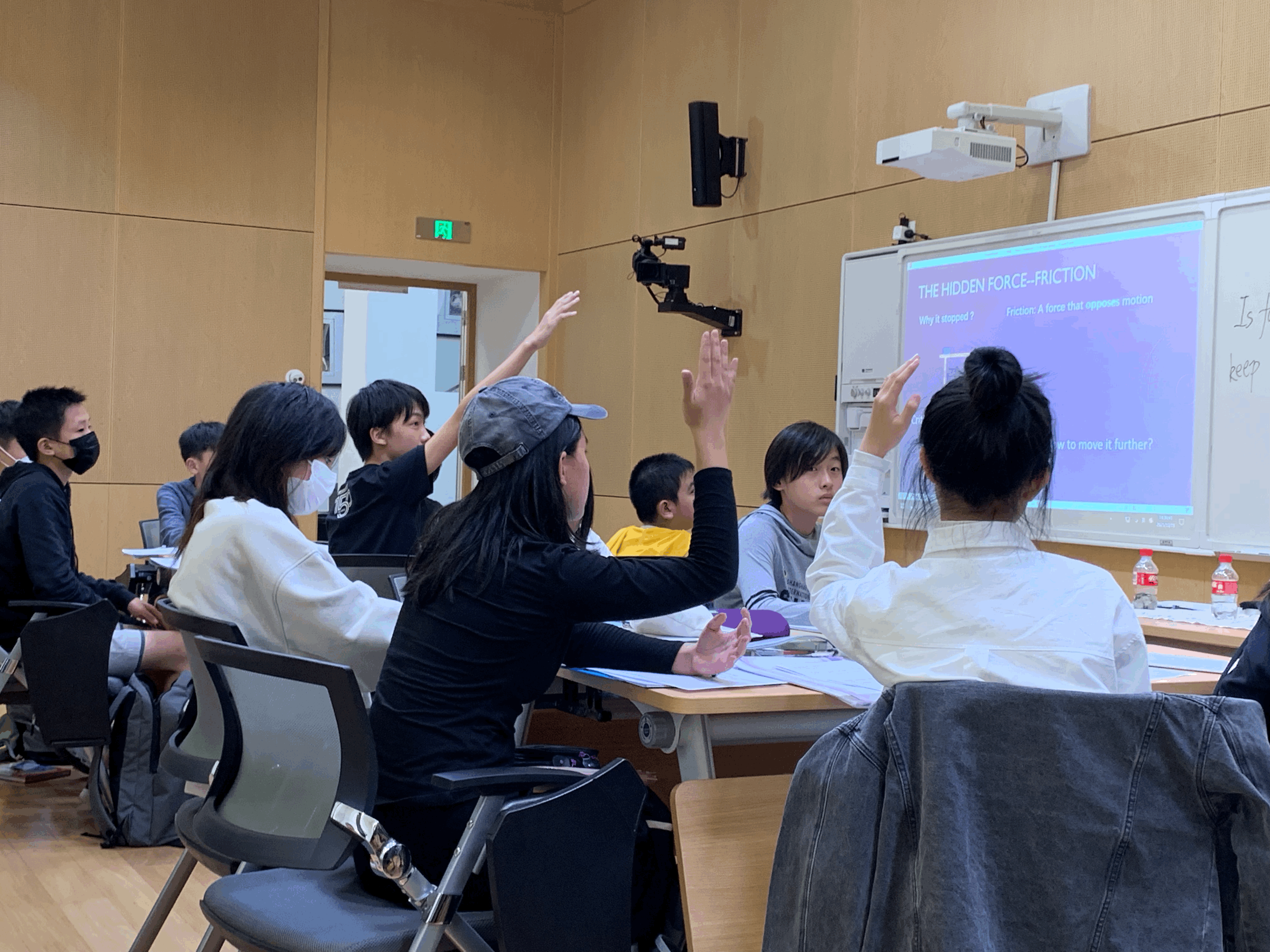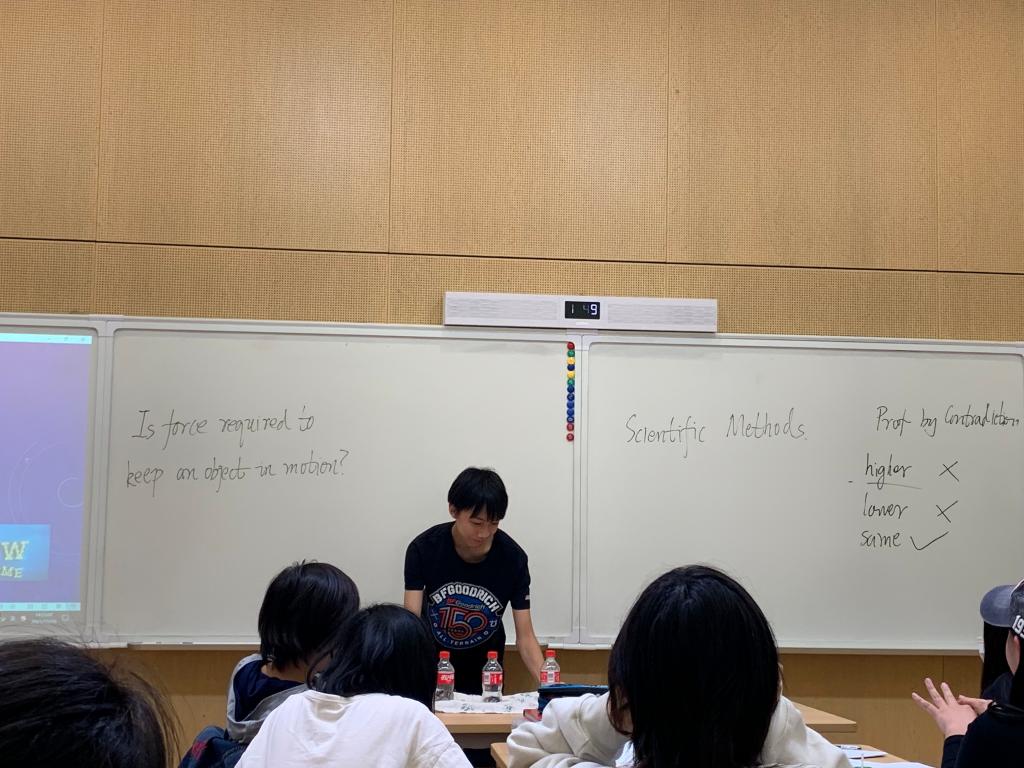-
ABOUT US
-
ACADEMICS
Curriculum Program
Departments
- English
- High School Chinese
- Primary and Junior School Chinese.
- High School Mathematics
- Middle School Mathematics
- Primary School Mathematics
- Music and Fine Arts
- Physical Education
- Physics
- Chemistry
- History and Geography
- Physical Science and Optional courses Department
- Middle School Biology
- High School Biology
- Social Sciences
- Computer Science
- Courses in Primary School
Achievements and Matriculations
College Counseling
Science & Technology Innovation Contest
Subject Competition
-
ARTS
-
ATHLETICS
-
AT SHSID
SHSID ∣ TIMES
PTSA
Club Exhibition
- 龙吟社
- Live 2 Drama
- Choir
- Hip-pop Dance Club
- The Primary School Dance Troupe
- Symposiums Club
- Biology Workshop
- You Shan
- VEX Robotic
- Peking Opera Club
- Baseball Club
- Model United Nations
- The World Scholar’s Cup
- Future Problem Solving Club
- United States Academic Pentathlon
- OM Club
- AMC Club
- Music for Patients
- SHSID Gazette
- Smile Charity
- Cultural Moments
- SciAcademy
- Stem Doge Alliance
- Chinese Debate Club
- IAA
- Mock Trial Club
- Zhengming Club
- Art-to-zine
- Bananaheads
- Electronics
- Furry Friends
- GT-Racing
- MCG Philharmonics
- Village Radio
- IMMC Club
- Creative Design and Intelligent Fabrication
- Future City Research Project
- ECOCAP
- AdvocaSEA
- SPDC
- Medishine
- Floorball Club
- Animusic MTC
- Wings Up
Health and Wellness
Campus Safety
Cafeteria Service
-
ADMINISTRATION
-
ADMISSIONS
-
ALUMNI
Alumni Information
Honors Students
- Class of 2025
- Class of 2024
- Class of 2023
- Class of 2022
- Class of 2021
- Class of 2020
- Class of 2019
- Class of 2018
- Class of 2017
- Class of 2016
- Class of 2015
- Class of 2014
- Class of 2013
- Class of 2012
- Class of 2011
- Class of 2010
- Class of 2009
- Class of 2008
- Class of 2007
- Class of 2006
Who Studied at SHSID
SHS Foundation
-
DOCUMENTS
Middle School Physics Department: The Journey to Break the Limit
On 19th October 2021, the Physics Demo class ushered in the "Wall Breaking Tour of Kinematics", covering the evolution of kinematics from the early days of Aristotle to that of post-Renaissance Isaac Newton.
Mr. Feng asked the students to discuss Aristotle's 2,000 year-old-question, "Does motion require force?", in an attempt to replicate the explorative and intellectual spirit of the ancients. Students were initially split on the question with half in support and half harboring doubts. By questioning what is known, we try to encourage students to conduct empirical research and find their answers. Science is not truth in and of itself, but rather a work-in-progress that requires constant testing and debate. Mr. Feng then explained how the boldly imaginative Galileo disproved the widely recognized Aristotelian theory, which had been prevalent for more than a thousand years. He then went on to talk about how Newton refined and developed the process of kinematics based on Galileo's original theory. Students found the theoretical introduction for each scientific era exciting and informative as it not only helped them better understand many real-world use cases but also demonstrated the potential of kinematics to change the world now and into the future.
By encouraging students to not only use but also question established scientific knowledge, we hope to foster a culture endowed with a healthy dose of skepticism - always boldly and bravely committed to the pursuit of truth.




(Written by Linqiong Qiu Pictures by Physics Teachers Edited by Huang Shiyuan, Brie Polette)